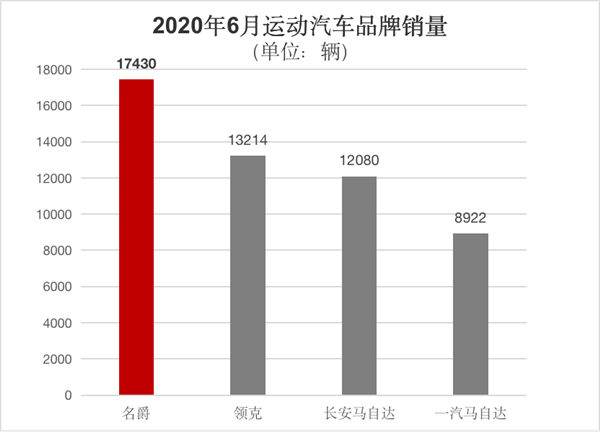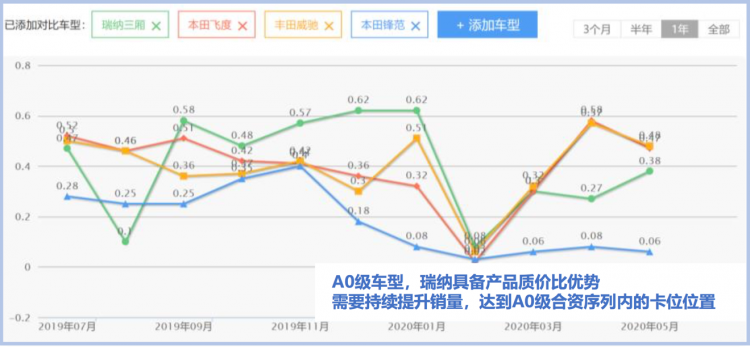Gas is widely used in European and American RVs, but in domestic RVs, there is a feeling of “a pity to discard, tasteless to eat”. Why is gas so unpopular in China?
As a platform for outdoor camping life, the RV is naturally very important in terms of energy. And because the RV itself has a strong mobile attribute, it is necessary to carry and store and produce energy by itself when it is inconvenient to connect to an external energy network (electricity, gas, etc.). In terms of energy selection, European and American RVs have a soft spot for gas, while domestic RVs prefer electricity.

Electricity
In terms of electricity, RVs are generally generated by a mixture of car generators (12V), solar energy (12V) and household generators (220V, generally 1000W to 4000W), and are stored in deep-cycle batteries. Automobile generators and household generators are not suitable for long-term use in the field due to their high dependence on gasoline or diesel, and their shortcomings such as energy consumption, noise, and exhaust gas. Solar energy is too much affected by the external environment and is not suitable as the main energy source. As for the weight, volume, storage capacity, and conversion of storage batteries, there are problems, and there are many disadvantages in actual use.
gas
In terms of gas, RV heating, stoves, ovens, water heaters, refrigerators, and even generators and other energy-consuming equipment can be used directly, and the conversion rate is much higher than that of electricity. But why is it rarely seen on domestic RVs? There are several reasons: 1. Usage habits. 2. Mistrust of gas. 3. Difficult to add gas, limited use. 4. After-sales maintenance costs are high.

To explain these reasons, we must first understand the seemingly simple question of what is gas. This question seems simple, but when we asked everyone, we got various answers. Some said coal gas, some said it was liquefied petroleum gas, and some said it was natural gas. The answer is: RVs usually use liquefied petroleum gas.
Coal gas is a gas containing combustible components processed from coal. Because of its easy poisoning and low calorific value, it is basically invisible now. The gas that many people refer to actually refers to the current liquefied petroleum gas. The reason why it is so called is because we used to use gas for a period of time in the 1970s and 1980s, and it was also filled with steel tanks. The main component of natural gas is methane, which is mainly transported by pipeline. The gas that is piped into our home and calculated by cubic meter is natural gas. One thing to note is that because the heat generated after combustion is different, liquefied petroleum gas stoves and natural gas stoves are not universal.
The main components of liquefied petroleum gas are propane, butane and other gases (English name is Liquefied Petroleum Gas, referred to as LPG). Among them, the boiling point of propane is -42.06°C, and the boiling point of butane is -0.5°C, so the content of propane in liquefied petroleum gas in northern my country is much higher than that in southern liquefied petroleum gas. This is one of the reasons why many RV riders in the south find that gas equipment is not as easy to use as they used to be in the south when they came to the north. The flame of liquefied petroleum will appear blue when it burns, and the more stable the flame burns, the bluer the flame color, the higher the heat. Some unscrupulous merchants will add other gases into the liquefied petroleum gas to fill it up with inferior products. Adding other gases will turn the flame red and yellow, and it will burst when burning.
because
Because of the above reasons, the brand of gas unreliability and gas danger is deeply branded in the hearts of users. Especially after the induction cooker entered the market, the feeling that the gas cooker is not as easy to use as the induction cooker is deeply rooted in the hearts of the people under the deliberate promotion of the merchants. A more realistic problem is the difficulty of refueling. According to car enthusiasts, there are only two places in Beijing that can refuel RVs. Although it is impossible to verify their authenticity, it shows the difficulty of refueling from the side. In addition, most of the RVs that use gas equipment are imported RVs, which have high requirements for gas quality, and the structure of the gas tank is inconsistent with the domestic ones, so many ordinary gas filling stations also stay away from them. Moreover, for RVs using gas, after long-term use of domestic gas with more impurities, pipe corrosion and blockage will occur, so the maintenance cost and time cost will also increase.

fruit
In this way, RV users will try to reduce the use of gas equipment in order to avoid trouble. On the one hand, RV companies reduce unnecessary troubles to cater to users, and on the other hand, it is also because of the high price of gas equipment and related components. As a result, most of the current domestic RVs are equipped with induction cooker and microwave oven as standard inside the car, and the outdoor kitchen outside the car uses a gas stove. And like warm air, refrigerators, water heaters, ovens, etc., use other energy sources or cancel them altogether. This also explains why gas is rarely used in domestic RVs. The application of energy in China is also moving towards a different path from that in Europe and the United States. Solar energy, lithium batteries, and inverters have almost become must-haves for RVs. However, this kind of blind innovation and modification requires users to bear the risks in the early stage of development. There are many domestic examples of car body fires caused by circuit problems.

The use of gas and other energy sources depends on the specific usage situation. Basically, short-distance users prefer electricity, and long-distance users prefer gas. Electricity is more convenient in terms of acceptance and operability, and gas has greater advantages in continuous supply time and cost performance. With the development and promotion of RV culture, more and more people will choose RV as the core of their lives, and gas, as the most practical energy source, will still return to people’s vision. RV manufacturers have given up the R&D and experience accumulation of gas-related technologies, and it will be too late when gas regains its dominance in the future. Although the application of gas is tasteless, it is a pity to discard it.




